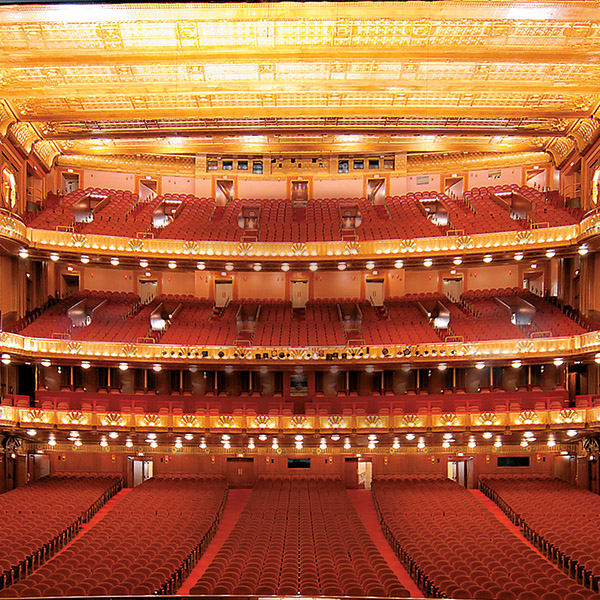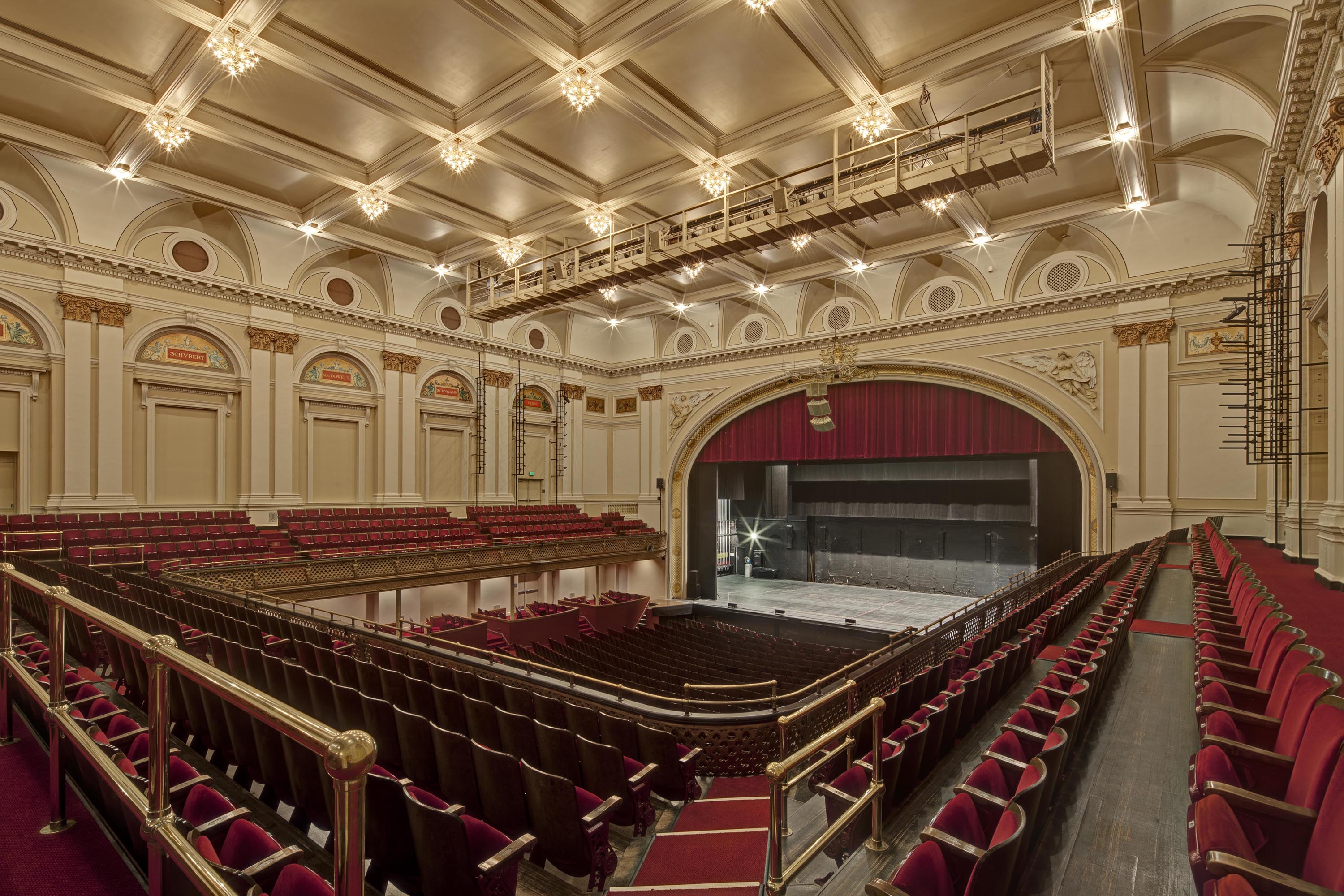
And in this society, the choices of husbands is traditionally made and approved by the father, with even their spirited mother, Golde (Debbie Gravite) unable to interfere.

The initial crises that Tevye must face are generated by his three oldest daughters who are ready to marry. And he initially emerges from a double-doored closet that eventually is replaced by a massive and chaotic mountain of wooden doors and furniture that suggests both Tevye’s house, and the village of Anatevka, whose Jewish population will soon be similarly upended. He is played by Drake Wunderlich, a gifted, self-assured 5th grader and award-winning violinist in the Chicago Youth Symphony’s Concert Orchestra. The show’s opening scene immediately signals a sense of change as instead of the usual “fiddler on the roof,” it is a young boy, clearly of this moment in time, who zips on stage on a motor scooter.

Steven Skybell as “Tevye” in Barrie Kosky’s production of “Fiddler on the Roof” at the Lyric Opera House. (In November, Skybell will return to the role of Tevye in Joel Gray’s much-heralded all-Yiddish production of the musical in New York.)
THE LYRIC OPERA HOUSE SERIES
Of course this is where a poor milkman, Tevye (in a deftly played, solidly realistic performance by Steven Skybell) must face constant adversity as he tries to support his wife and five daughters, deal with the crippled horse that can no longer pull his heavy cart, and face a series of life-altering events. While there are many scenes of both immense emotion and rich comedy, the overall grandiosity of this production at times seems in contradiction to the actual roots of the work - a tale that unfolds in Anatevka, a Jewish shtetl in the Pale of Settlement of Imperial Russia, circa 1905. It also houses a remarkable, highly original, continually morphing, but at times somewhat distracting set designed by Rufus Didwiszuz (and beautifully lit by Marco Philipp) that is far more surreal than real.
THE LYRIC OPERA HOUSE FULL
Scaled to opera house grandeur, Kosky’s production involves a total of 100 performers including a cast of strong actors, an ensemble of sensational dancers, a large chorus and the full Lyric Opera Orchestra.

And in the process, this accounts for both significant gains as well as a loss of intimacy and a bit of the musical’s folkloric spirit. Director Barrie Kosky’s grandiose production of the musical, that originated at Komische Oper Berlin in 2017, and arrived on Chicago’s Lyric Opera stage on Saturday evening, also breaks with tradition in terms of its design and overall scale.


 0 kommentar(er)
0 kommentar(er)
